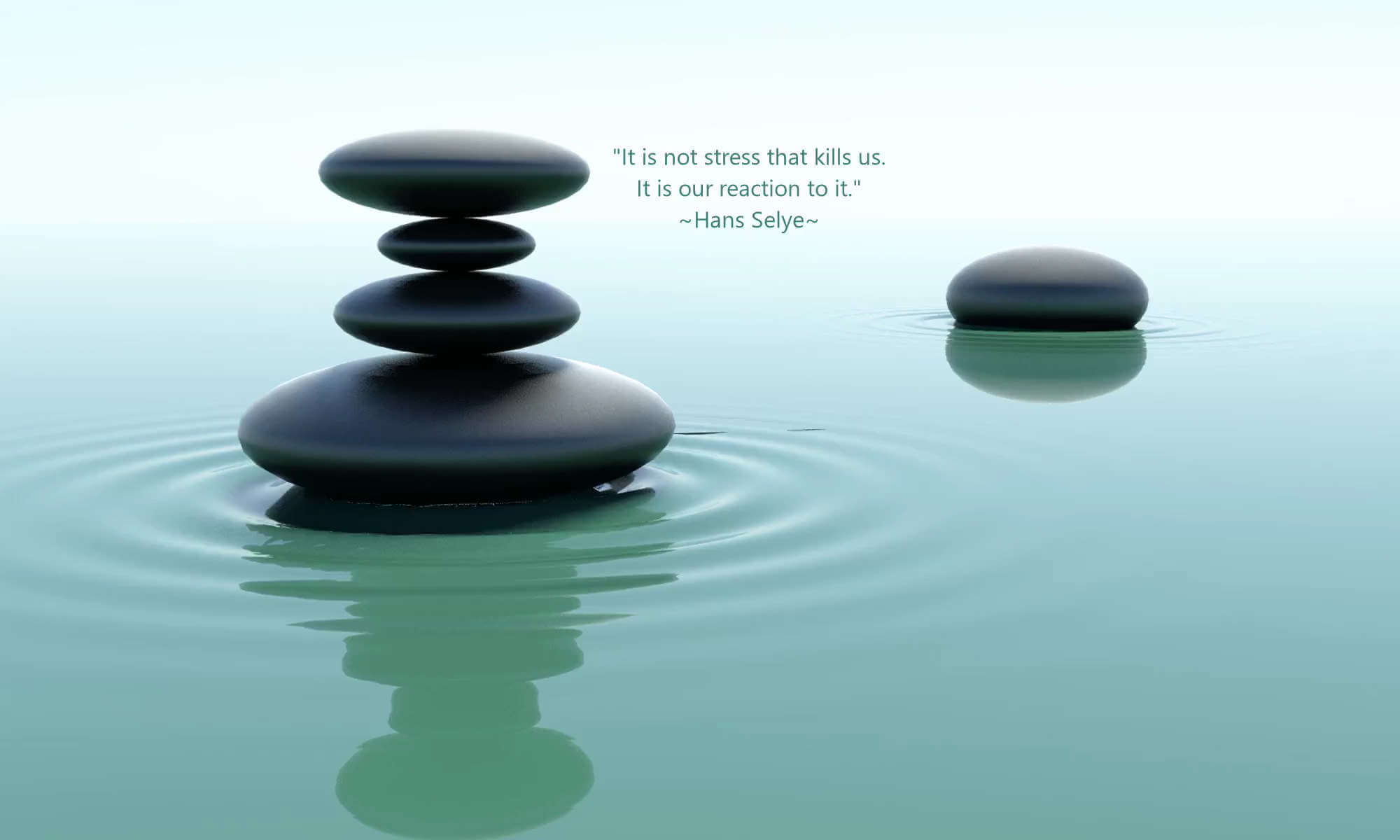Most adults require between 7 and 9 hours sleep per night to function well. Disrupted sleep is often one of the first signs of emotional distress and can take the form of an inability to fall asleep, restlessness, nightmares, frequent waking, or a combination of all of these. Regular lack of sleep can contribute to irritability, anxiety and depression as well as amplify pre-existing conditions. Therefore, getting enough sleep is an important factor in coping. Read on for some tips for improving sleep.
Continue reading “Sleep”Psychological Treatment of Chronic Pain
Are you one of the 3.37 Million Australians in 2020 who are living with chronic pain? Chronic, or persistent, pain is pain that has been ongoing beyond the time when the body should have healed (usually around 3 months) and can become a disease in its own right. Ongoing pain can be extremely debilitating and result in a cycle of increased anxiety, irritability, frustration, depression, anger and guilt, which in turn exacerbates pain levels. Chronic pain can impact on many areas of life including mental health, relationships, sleep, work, productivity, recreation and more.
Continue reading “Psychological Treatment of Chronic Pain”Stress Management
Stress is a common experience for many in our modern, fast- paced world. The biggest contributors to stress are financial worry, health concerns, relationship problems, adjusting to changes, work demands and just having too much to do and not enough time. Changes in technology have meant that we are now available to friends, family and our workplace 24/7. Our senses can get overloaded with stimulation in our waking hours, making it harder and harder to switch off and de-stress. Signs of stress include irritability, agitation, inability to relax, muscle tension often around the neck area, nausea and having lots of nervous energy. The effects of chronic stress can include stomach ulcers, irritable bowl, reduced immunity, skin irritations, high blood pressure, heart disease, headaches and chronic pain. Continue reading “Stress Management”
Building Healthy Initimate Relationships
The financial and emotional costs of relationship breakdown, particularly for couples with children are high. Working on saving your relationship can be a worthwhile investment in your future mental and financial health. So, what are some of the components of a relationship in distress and how can you build a healthy relationship? Continue reading “Building Healthy Initimate Relationships”

